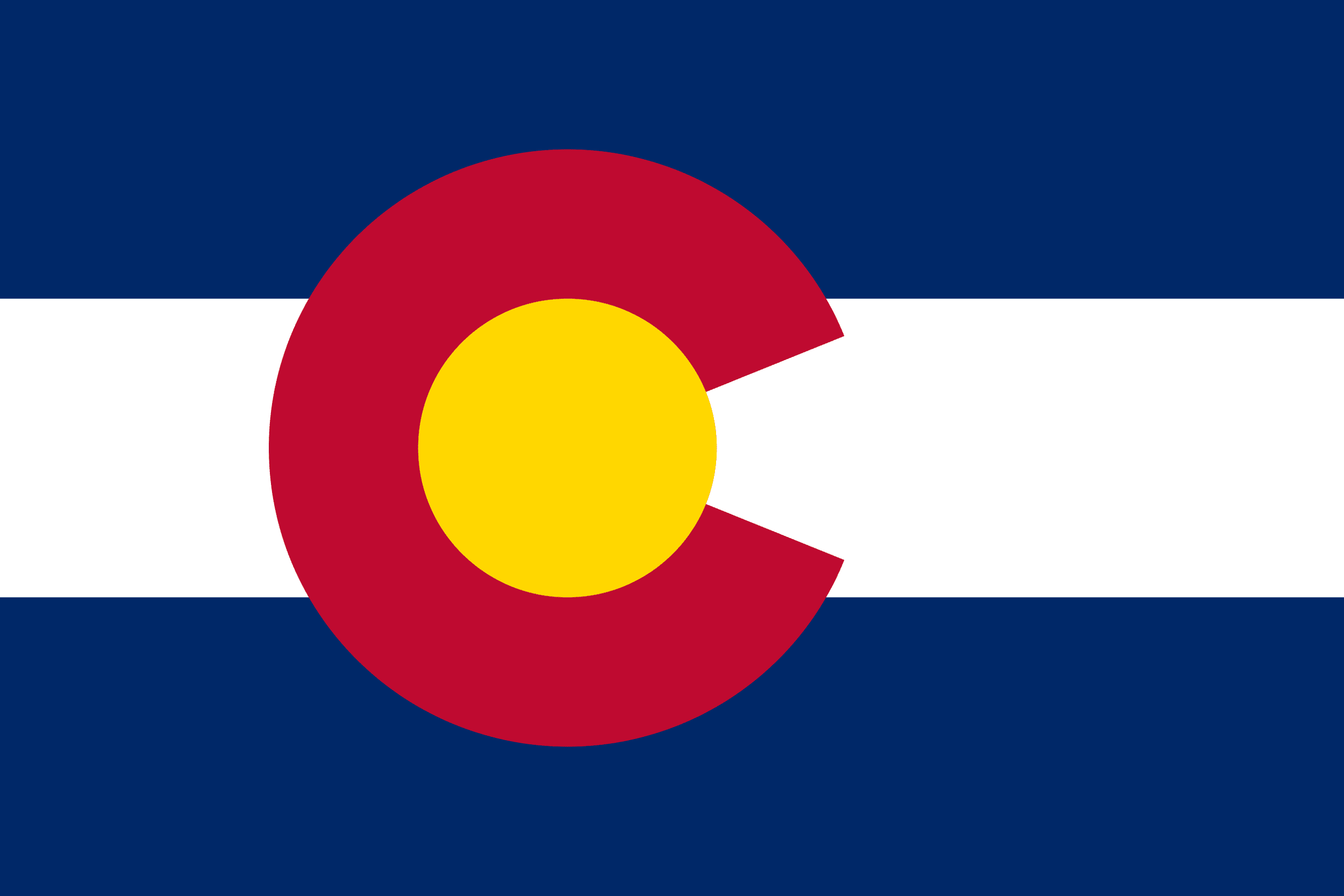1. What is Probate?
Probate in Colorado is the legal process of settling a deceased person’s estate. It ensures debts are paid, and assets are distributed according to the will or, if no will exists, Colorado’s intestacy laws.
2. Where is Probate Handled in Colorado?
In Colorado, probate is handled by the District Court in the county where the deceased resided at the time of death. Each county has a District Court that oversees probate matters.
3. Key Steps in the Probate Process in Colorado
- File the Will: The executor named in the will must file it with the District Court. If there is no will, an interested party must apply to be appointed as the personal representative.
- Inventory and Appraise the Estate: The personal representative inventories the deceased’s assets, such as real estate, bank accounts, and personal property, and provides a valuation to the court.
- Notify Creditors: Known creditors must be notified directly, and a notice must be published in a local newspaper to inform unknown creditors. Creditors typically have four months to file claims.
- Pay Debts and Taxes: The estate must settle any outstanding debts and taxes, including final income taxes and any applicable estate taxes.
- Distribute Assets: After all debts and taxes are settled, the remaining assets are distributed according to the will or, if no will exists, based on Colorado’s intestacy laws.
4. When Is Probate Required in Colorado?
In Colorado, probate is required if the deceased owned assets solely in their name without a joint owner or designated beneficiary. Probate ensures that those assets are legally transferred to heirs or beneficiaries.
5. Types of Probate in Colorado
California offers several probate options depending on the estate size and complexity:
- Small Estate Affidavit: If the estate is valued under $184,500, heirs may use a simplified process to transfer assets without going through formal probate.
- Simplified Probate: Available for estates valued between $184,500 and $500,000, this process requires less court supervision than full probate.
- Formal Probate: Required for larger estates or when disputes arise. This process involves full court oversight and can take longer to complete.
6. Avoiding Probate in Colorado
Certain assets can bypass probate, including jointly owned property, payable-on-death accounts, life insurance policies with named beneficiaries, and assets held in a living trust.
7. How Long Does Probate Take in Colorado?
The length of probate in Colorado varies based on the complexity of the estate. Informal probate can take six months to a year, while formal probate may take longer if disputes or complications arise.
8. Common Terms in the Probate Process
- Executor/Personal Representative: The person responsible for managing the estate.
- Intestate: Dying without a will.
- Inventory: A detailed list of all assets owned by the deceased.
- Letters of Testamentary/Administration: A document issued by the court giving the executor authority to act on behalf of the estate.
If you have feedback, questions, or ideas for future articles or Information Hubs, please contact us. Your insights help us create valuable content.


